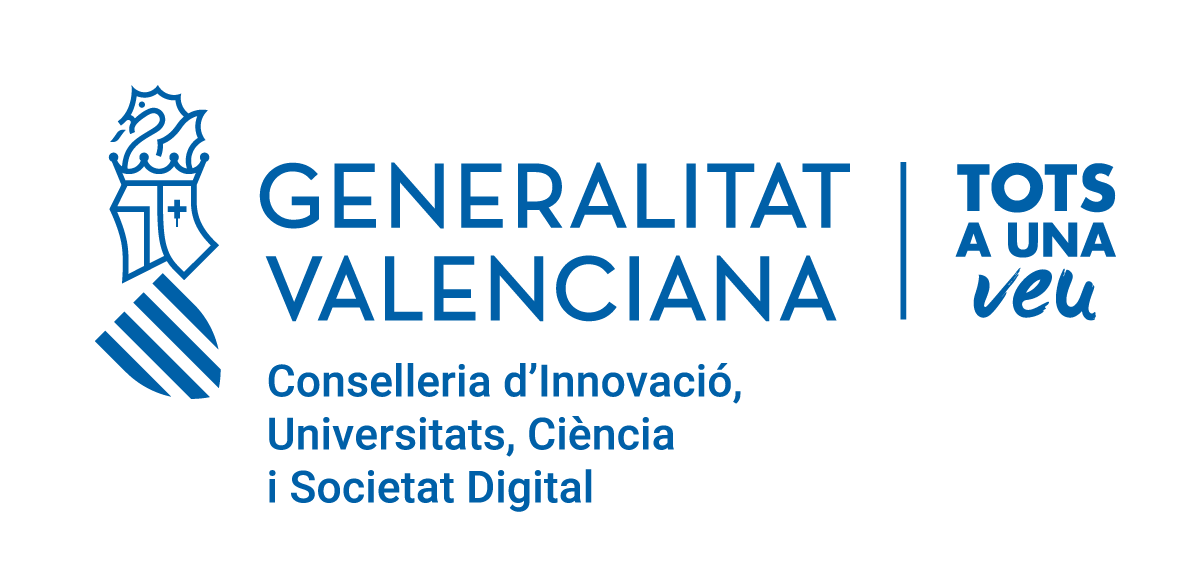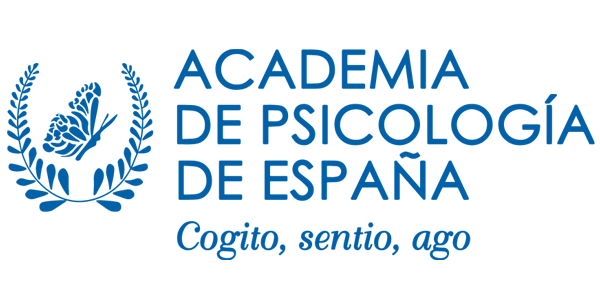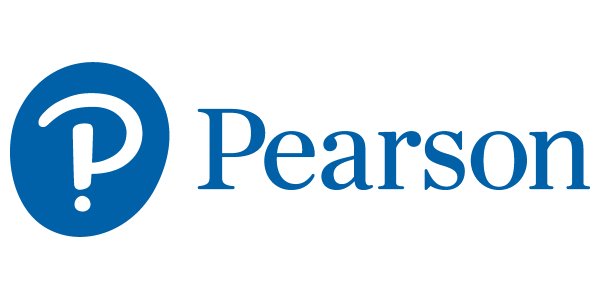Early detection of ASD. Challenges and proposals 30 years after great efforts and some setbacks
Early detection of autism has long been considered a priority issue. The main reason is that early detection increases the chances that treatments will achieve more relevant results in the long term, both for the child and the family. However, despite the efforts of many researchers and organisations over more than three decades, we continue to detect only a fraction of children who will go on to develop ASD.
The presentation critically analyses the efforts made over the last 30 years and the reasons why we have not been able to make as much progress in early detection as expected. The presentation also outlines the approaches underpinning the different approaches aimed at improving detection, as well as the detection methods, their results, and the conclusions that can be considered current certainties about the most effective strategies for detecting children with ASD or at risk of developing it.

Ricardo Canal Bedia
University of Salamanca, Spain
He holds a PhD in Psychology from the Autonomous University of Madrid. He is a Specialist in Clinical Psychology and Specialist in Language Psychology. Professor of the Department of Personality, Psychological Evaluation and Treatments at the University of Salamanca. He directs the group InFoAutismo and the Centre of Integral Attention to Autism of the University of Salamanca. Researcher at INICO, University Institute for Community Integration and member of the Consolidated Research Unit (UIC. 115), recognised by the Junta de Castilla y León on 22/9/2015.
He has participated in 30 competitive research projects, being the PI in 10. He has been responsible for 52 research and development contracts. He has published 79 national and international publications (articles, book chapters, and books).
His research work has focused on the study of autism and child psychopathology, especially in the field of early assessment of communicative, cognitive, and social development. Another priority line of research has been behavioural problems in people with disabilities, behaviour modification, and functional assessment of behaviour. From 1997 to the present, he has been collaborating with the Social Services Management of Castilla y León in the development of services for people with disabilities, publishing several manuals of procedures for behavioural support. In collaboration with the Health Department of Castilla y León, he has developed the Early Detection of Autism Programme in Castilla y León, currently included in the Portfolio of Services of the Health Service of Castilla y León.
Organiza


Patrocina

Con el apoyo de


![8CIPCNA-adaptaciones-[Recuperado]](https://www.aitanacongress.com/2022/wp-content/uploads/8CIPCNA-adaptaciones-Recuperado.png)


